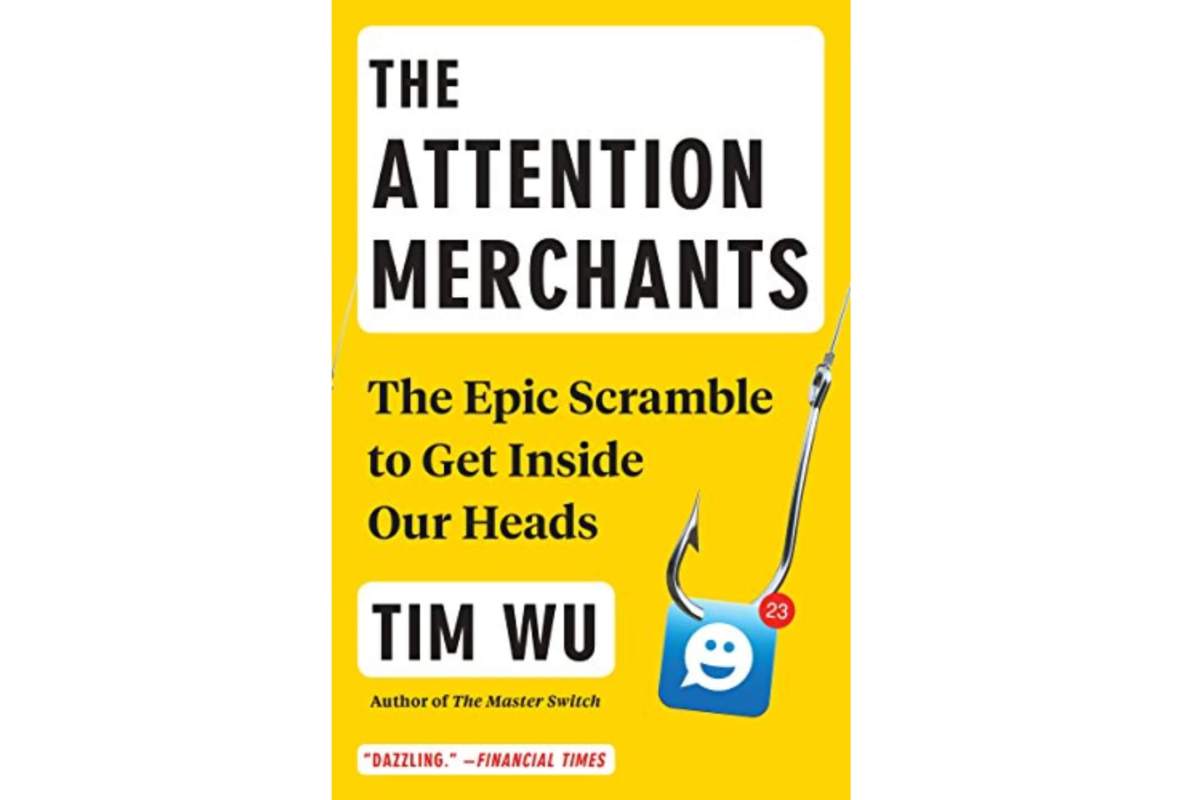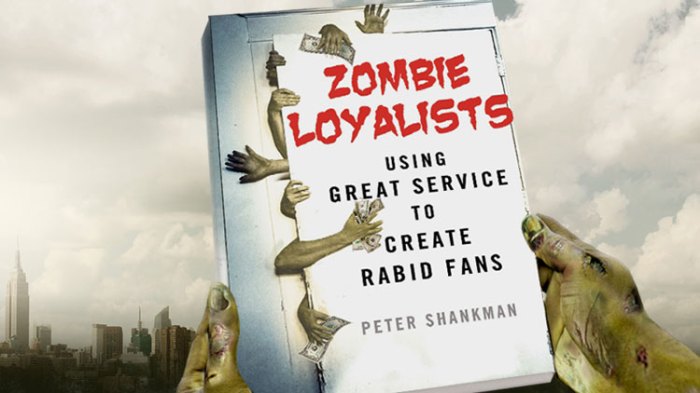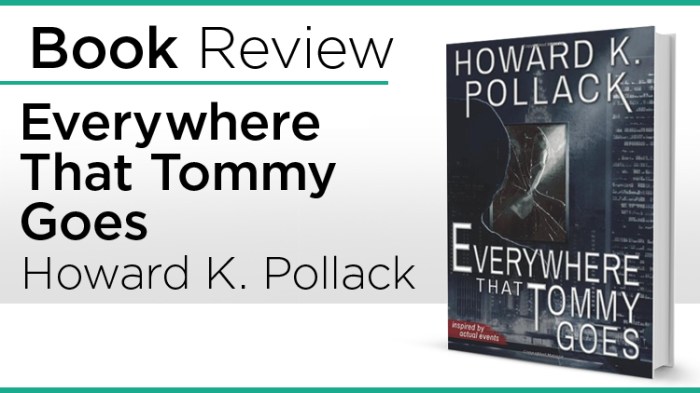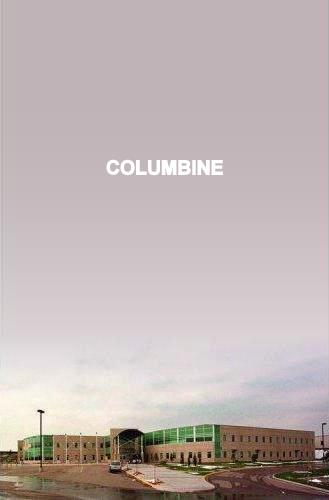Book Review: The Attention Merchants by Tim Wu
Review by former Congressman Steve Israel
Even before I left the U.S. Congress in 2017, I grew concerned about the influence of social media on our democratic discourse. On the floor of the House, and in houses across America, we were becoming more tribal in our truths, more absolute in our opinions. Whether you love or loathe former President Donald Trump (count me in the latter), he knocked the lid off a simmering pot of anxieties. But those who believe he’s responsible for both the depth and intensity of the anger are wrong. He tapped into a technological revolution in the information age: how platforms command and harvest our attention.
Tim Wu’s The Attention Merchants describes how virtually every new communications platform (from 18th-century ad-funded newspapers to this week’s Elon Musk’s Twitter 2.0) has been designed to feed on human attention. Hacking our free time, diverting our attention, stealing our focus.
THEODORE’S BOOKS 2022 DECEMBER TOP TEN BOOKS: WHAT THEODORE’S CUSTOMERS ARE READING
-
THE MAZE by Nelson Demille
-
GO-TO-DINNERS by Ina Garten
-
THE LIGHT WE CARRY by Michelle Obama 4. MORGENTHAU by Andrew Meier
-
SWANN’S WAR by Michael Oren
-
VERITY by Colleen Hoover
-
SOMEBODY FEED PHIL by Phil Rosenthal 8. THE EAST END A TO Z by Kara Hoblin
-
DEMON COPPERHEAD by Barbara Kingsolver 10. SMALL THINGS LIKE THESE by Claire Keegan
It turns out that when you are paying attention you are literally paying. Your attention is a commodity, monetized by every medium. Wu points out that there is nothing new in any of this: In the summer of 1833, Benjamin Day discovered he could get rich selling newspapers for a penny, even while his competitor’s price was 6 cents: “What Day was contemplating was a break with the traditional strategy of making a profit: selling at a price higher than the cost of production. He would instead rely on a different but historically significant business model: reselling the attention of his audience, or advertising. What Day understood — more firmly, more clearly than anyone before him — was that while his readers may have thought themselves his customers, they were in fact his product.”
Very little difference, it turns out, between Day’s New York Sun and that Facebook meme that just grabbed you. Except—
For most of that time, there were check and balances. There were plenty of rival newspapers we could go to for wide-ranging opinion; now the consolidation of the industry has cut daily newspaper circulation from about 63 million in 1975 to 24 million in 2020.
Walk past a newsstand in New York and compare that day’s New York Post on a pile next to the same day’s New York Times. It’s as if both are published on different planets. Once we turned to trusted sources like Walter Cronkite or Huntley and Brinkley for our information; now we are exposed to opinion-based cable television talk, which is designed to sell advertising by keeping you glued to the screen, and glues you by bias confirmation. What opiate fuels an ideological addiction more effectively than a famous cable anchor telling you, “You’re right!”?
Once, we consumed news at our leisure; now our leisure overwhelms us with instant gratification always within reach of our smartphones or tablets. And once, we didn’t have bot farms and other pernicious technologies relentlessly infiltrating, distorting, and warping what you see, hear and read, with no easy way to verify the content or its source. Once we could discriminate in where we pay attention; now algorithms hijack our attention.
Recently, I tried my own experiment. We promote my store Theodore’s Books on a variety of social media platforms, including TikTok. So do many other bookstores. When I scroll through, I notice a healthy (and entertaining) feed of book-related content. But, inevitably, I come across doctored videos of President Joe Biden; maddening content about politics; insinuations about some of my former colleagues (on both sides of the aisle) that I know are simply untrue. (Plus a steady stream of ads for a casual shirt I recently purchased online). I’ve been hooked; I’m feeding at the clickbait.
Wu calls for a “national reclamation project,” that is, various ways to reclaim our time from seemingly inescapable social media. He suggests “reserving blocks of time to be spent beyond the reach of the attention merchants,” “unplugging” from the content, developing “technologies that help us focus and think rather than distract and diminish.”
My recommendation: Read a book — a layered, beautifully written, preferably heavy-to-hold book. Read a classic. Read historic fiction. Read something that doesn’t hijack your attention, but makes you actually think, contemplate, reflect.
You can find what you’re looking for at Theodore’s Books in Oyster Bay, or theodoresbooks.com.


































